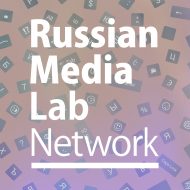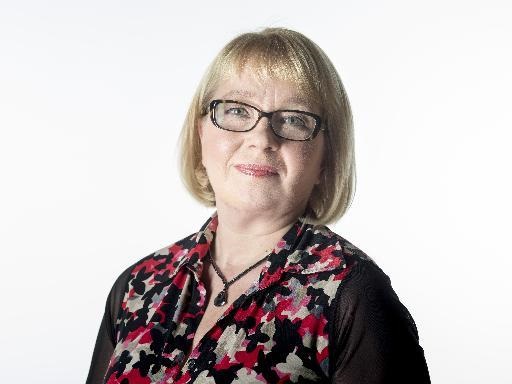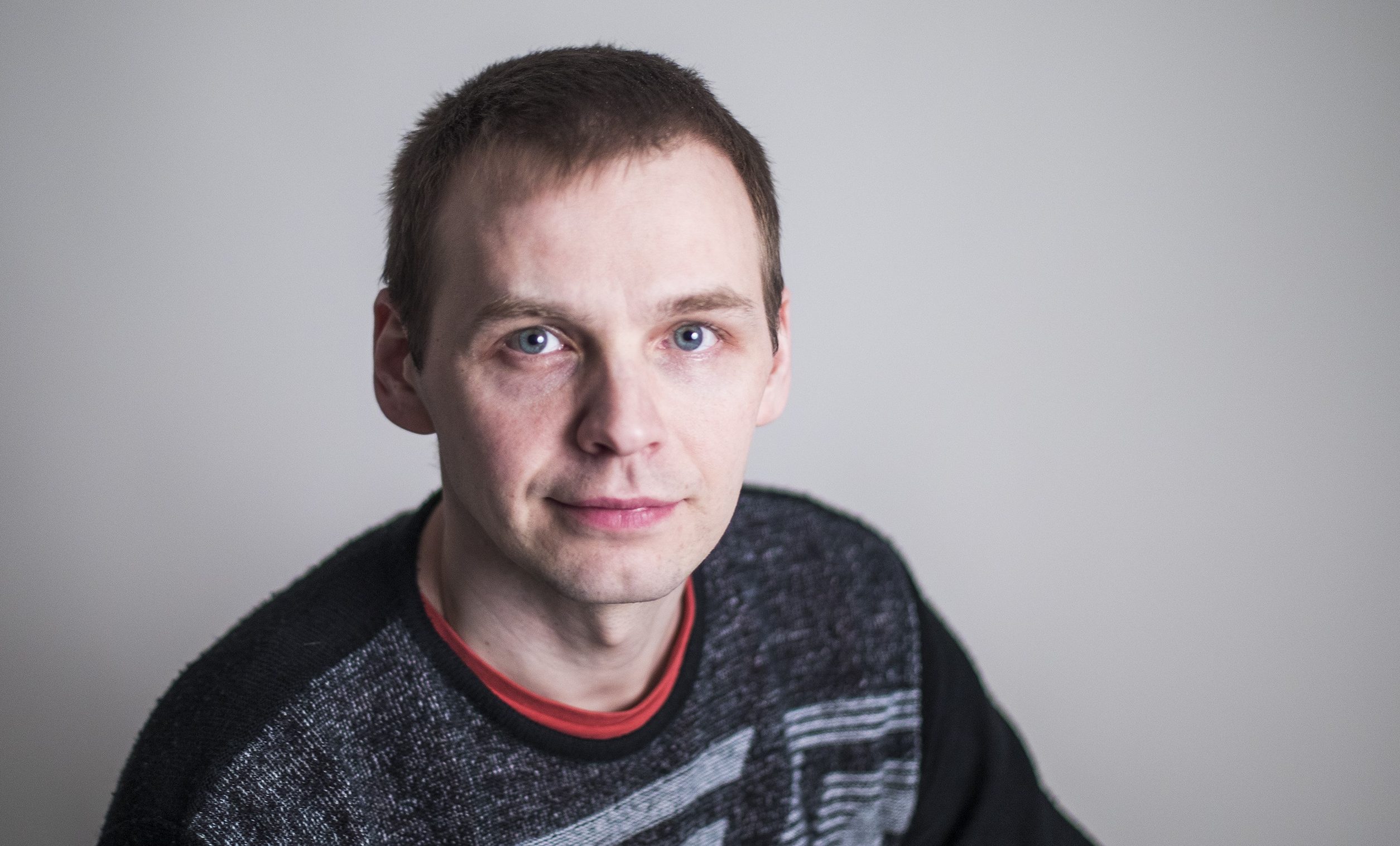Russian Media Lab proudly announces the publication this week of two articles by its researchers. Interested? Follow the links to read the publications in open access!
Mariëlle Wijermars’ article “Project ‘1917 –Free History’: Reliving the Russian Revolution in the Digital Age“, published in Studies in Russian, Eurasian and Central European New Media, examines Project ‘1917 – Free History,’ an innovative and ambitious online initiative that enables its followers to relive the Russian Revolution in real time. Presenting archival materials in the format of a Facebook feed, the project allows one to experience what “really” happened. Whereas in the state-controlled mass media discourse, the representation of the revolutionary year and the lessons it harbours for today’s Russia tend towards unambiguity, emphasising the destructive nature of radical political change, Project 1917 presents a wide array of voices without imposing a single interpretation. The article analyses how the project mediates the public remembrance of the Revolution, and what role the social media feed format and the interactivity it promotes can play in societal processes of coming to terms with the revolution’s traumatic legacy. It demonstrates how, over the course of one year, Project 1917 became increasingly entangled in current political debates as 2017 turned out to be a year of mass protests.
Saara Ratilainen’s article ‘Digital media and cultural institutions in Russia: online magazines as aggregates of cultural services‘ article, published in Cultural Studies, sheds light on Russian cultural institutions from the perspective of digital media, focusing on online magazines. The analysis concentrates on urban lifestyle magazines, a sub-category of consumer magazines and a media genre, which emerged in Russia in the glossy magazine format and is now experiencing a powerful ‘second rising’ on the internet. The article asks how the adaptation to the digital communication environment by lifestyle publications re-defines the very concept of a magazine and reorganizes the institutional ties between media and cultural industries. This focus enables me to analyse lifestyle magazines as a dynamic field of interaction in which cultural meanings are produced and negotiated. Based on new media studies, the article sees the cultural transcoding (Manovich 2002) of the networked and automatized information transmission into the magazines’ content as being a significant factor in the development of contemporary culture and media. Ultimately, the article introduces an attempt to analyse new media titles combining qualitative media analysis with the developing theory of ‘algorithmic culture’ (Striphas 2015). The argumentation is based on two case publications: Afisha, established in 1999 as a weekly glossy magazine introducing all cultural events in Moscow, and Inde, a digital-born regional lifestyle magazine focusing on urban culture in the Republic of Tatarstan. Urban lifestyle magazines are important for the institutional organization of Russian culture, as they direct their readers’ attention to a broad selection of arts, products and events; strengthen the link between consumers and cultural entrepreneurs and build on a long tradition of print journalism, thereby transmitting the values of reading and literacy to a popular public. Moreover, the analysis shows that, through their multi-platform publication strategy, online magazines (re)organize as aggregates of digital resources helping to manage cultural decision-making in a consumerist setting.





